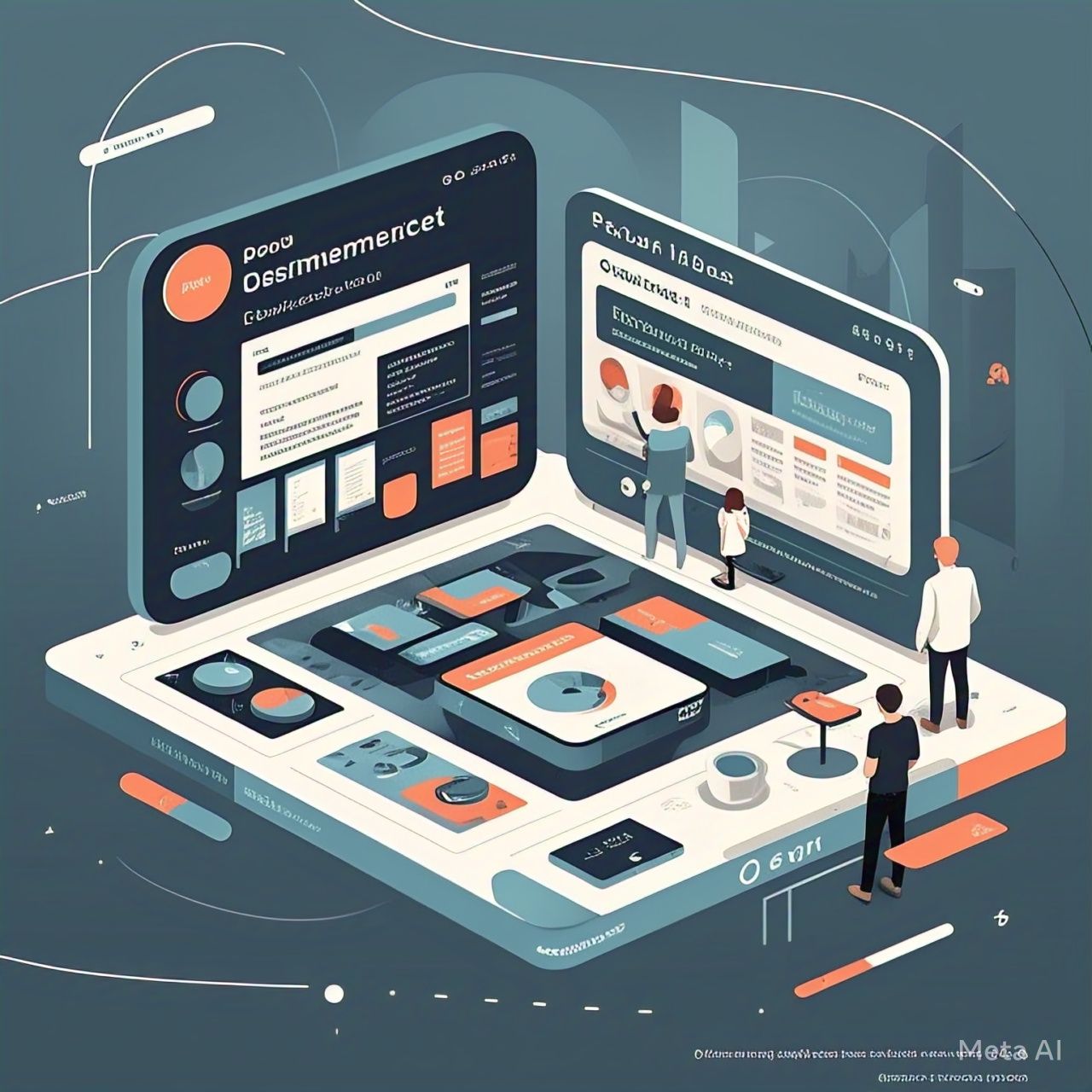Table of Contents
- Introduction
- How AI is Transforming Customer Service
- AI-Powered Chatbots
- Virtual Assistants
- AI in Call Centers
- AI-Driven Personalization in Customer Support
- Predictive Customer Support
- Sentiment Analysis
- AI for Customer Insights
- AI in Automating Customer Interactions
- Email and Ticket Automation
- AI in Social Media Customer Support
- Natural Language Processing (NLP) in Support
- Benefits of AI in Customer Service
- Challenges and Ethical Considerations
- The Future of AI in Customer Support
- Conclusion
- FAQs
1. Introduction
Artificial Intelligence (AI) is revolutionizing customer service by automating interactions, providing personalized experiences, and enhancing support efficiency. Businesses across industries are leveraging AI to improve response times, increase accuracy, and enhance customer satisfaction. This article explores AI’s role in customer service, its benefits, challenges, and future potential.
2. How AI is Transforming Customer Service
2.1 AI-Powered Chatbots
AI-driven chatbots handle customer queries instantly, providing 24/7 support. These chatbots can answer frequently asked questions, troubleshoot common issues, and escalate complex cases to human agents when necessary.
2.2 Virtual Assistants
AI-powered virtual assistants, such as Google Assistant and Alexa, help customers with bookings, inquiries, and troubleshooting. Businesses use AI assistants to guide users through self-service options.
2.3 AI in Call Centers
AI enhances call center operations by analyzing conversations in real-time, offering sentiment analysis, and providing agents with recommended responses to improve customer interactions.
3. AI-Driven Personalization in Customer Support
3.1 Predictive Customer Support
AI predicts customer issues based on historical interactions, allowing businesses to provide proactive support and reduce complaints.
3.2 Sentiment Analysis
AI-driven sentiment analysis detects customer emotions from chat, emails, and calls, enabling businesses to tailor responses and improve service quality.
3.3 AI for Customer Insights
AI collects and analyzes customer data to generate insights, helping businesses understand customer preferences and improve service strategies.
4. AI in Automating Customer Interactions
4.1 Email and Ticket Automation
AI automates customer support tickets, categorizing and prioritizing inquiries based on urgency and complexity, ensuring efficient resolution.
4.2 AI in Social Media Customer Support
AI-powered tools monitor and respond to customer queries on social media platforms, improving brand engagement and response times.
4.3 Natural Language Processing (NLP) in Support
NLP enables AI to understand and respond to customer inquiries naturally, enhancing chatbot and virtual assistant interactions.
5. Benefits of AI in Customer Service
| Benefit | Description |
|---|---|
| 24/7 Availability | AI-powered chatbots and virtual assistants provide round-the-clock support. |
| Faster Response Times | AI automates responses, reducing wait times for customers. |
| Cost Efficiency | AI reduces the need for large support teams, lowering operational costs. |
| Personalized Support | AI analyzes customer data to offer tailored solutions. |
| Scalability | AI handles multiple queries simultaneously, scaling support efforts effortlessly. |
6. Challenges and Ethical Considerations
- Lack of Human Touch: AI-driven interactions may lack empathy, affecting customer experience.
- Privacy and Security Concerns: AI collects vast amounts of data, requiring strict security measures.
- Integration Complexity: Businesses may face challenges in integrating AI with existing support systems.
- AI Bias: AI models can be biased based on training data, leading to unfair or inaccurate responses.
7. The Future of AI in Customer Support
- AI-Driven Emotion Recognition: Future AI will detect customer emotions more accurately and respond empathetically.
- Voice AI Advancements: AI-powered voice assistants will offer more natural conversations and seamless support.
- Hyper-Personalization: AI will continue to refine personalized customer experiences based on behavior analysis.
- AI-Human Collaboration: AI will support human agents by automating repetitive tasks, allowing them to focus on complex issues.
8. Conclusion
AI is transforming customer service by enhancing efficiency, personalizing interactions, and automating routine tasks. While challenges remain, businesses that strategically implement AI in customer support will improve customer satisfaction, reduce costs, and stay competitive in the evolving digital landscape.
9. FAQs
Q1: How does AI improve customer service?
AI automates support interactions, reduces response times, and provides personalized assistance based on customer data.
Q2: What are AI chatbots used for in customer support?
AI chatbots handle common customer queries, provide troubleshooting guides, and escalate complex issues to human agents.
Q3: Can AI replace human customer service representatives?
While AI enhances efficiency, human agents are still necessary for complex, emotional, and high-value customer interactions.
Q4: How does AI ensure data privacy in customer support?
Businesses use encryption, anonymization, and compliance measures to protect customer data handled by AI systems.
Q5: What is the future of AI in customer service?
The future includes AI-driven emotion recognition, hyper-personalization, and improved collaboration between AI and human agents.
References
- Russell, S., & Norvig, P. (2020). “Artificial Intelligence: A Modern Approach.” Pearson.
- McKinsey & Company (2021). “The Future of AI in Customer Experience.”
- Davenport, T. H. (2018). “The AI Advantage: How to Put the Artificial Intelligence Revolution to Work.” MIT Press.
- IBM (2022). “AI and the Future of Customer Service.”





